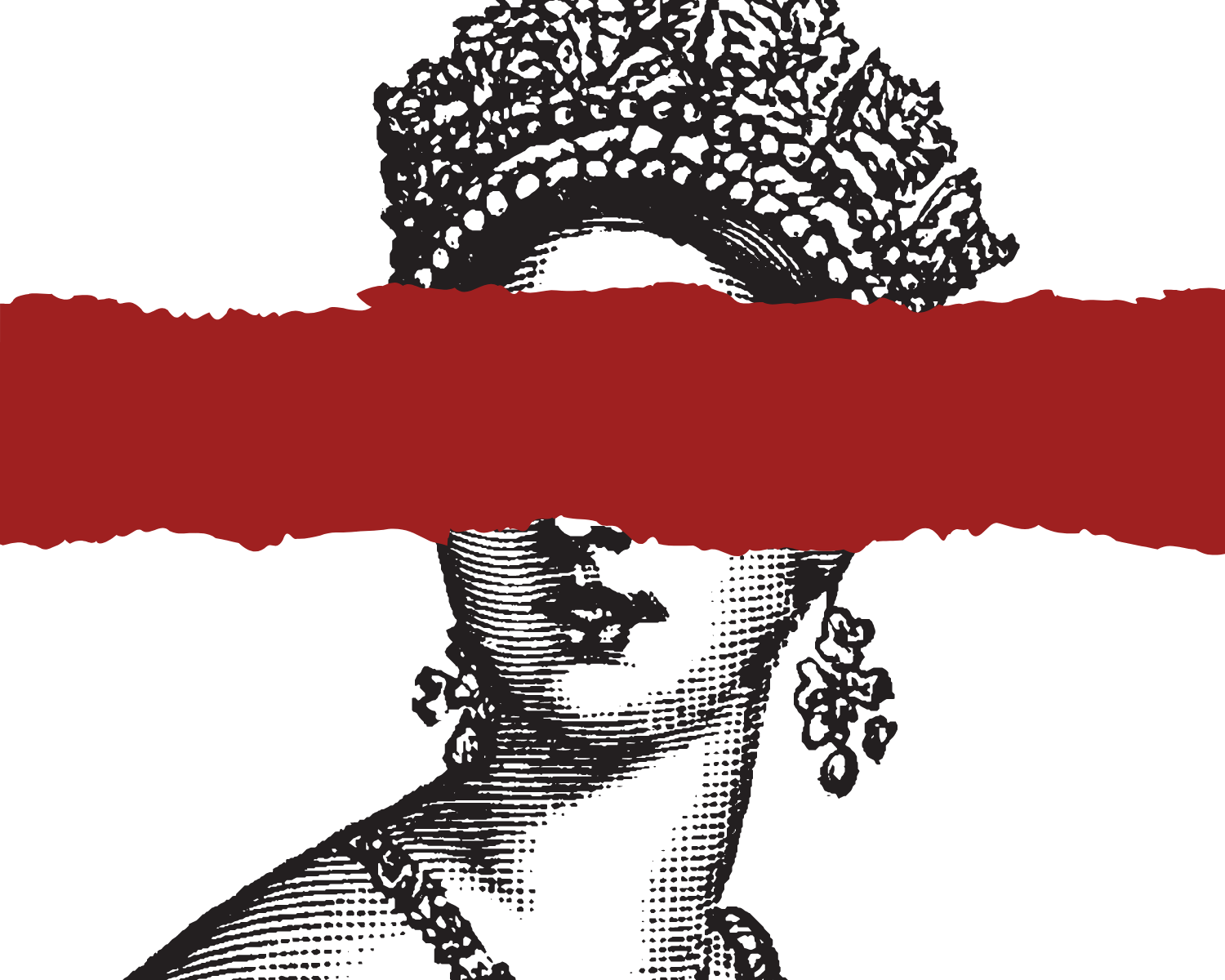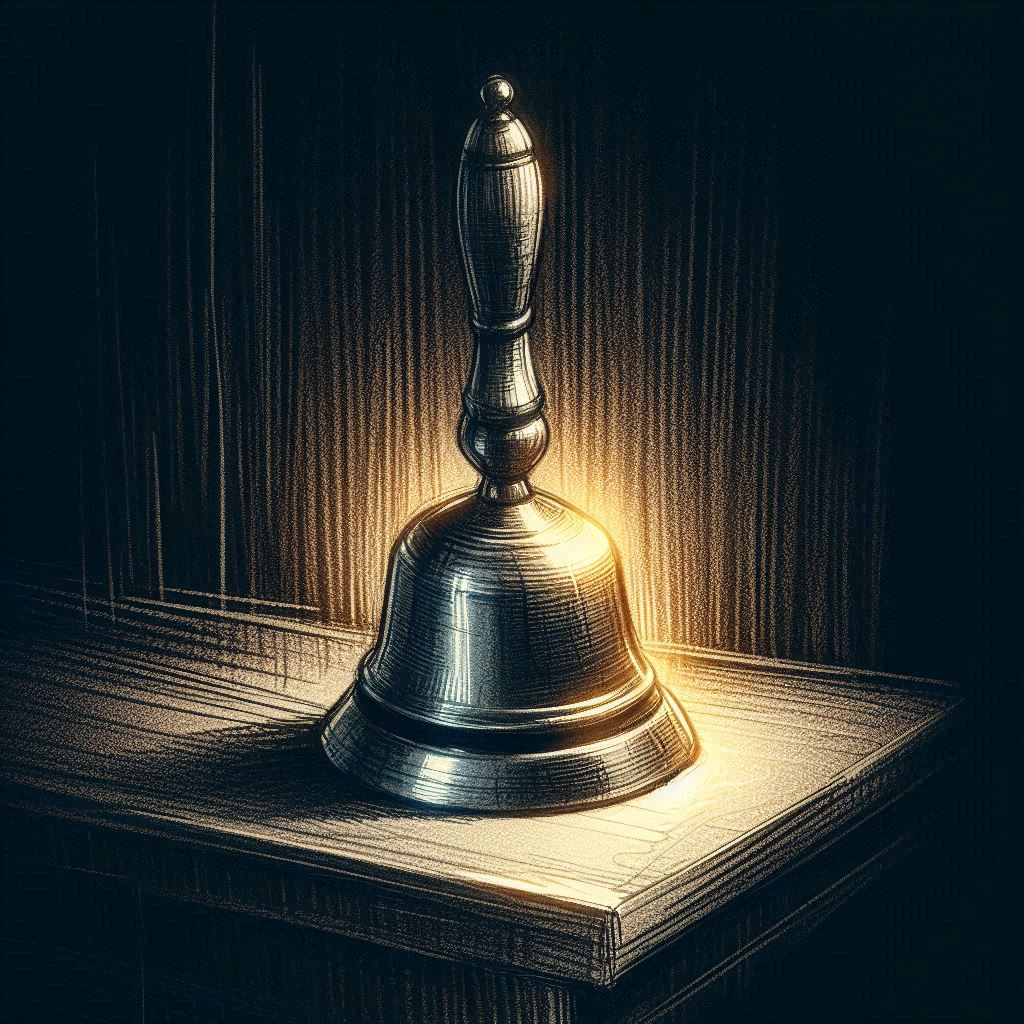
Stolen Memories
I was the police officer who, in 1977, arrested the manager of the Virgin record store in Nottingham for refusing to take down a poster of the Sex Pistol’s new album Never Mind the Bollocks.
Now, excuse me if you heard this one before. I admit I’ve told the anecdote more than a few times over the years—to family and friends around the dinner table, to colleagues down the pub after work, and to members of my church on picnics at the local park. A minor claim to fame, but a fond memory from my short time in the police force.
However, you may have also heard the story somewhere else, perhaps on the Virgin website, where Richard Branson claims he has discovered the identity of the police officer in question. Coming across this article back in 2015, imagine my dismay upon reading that the name of that officer was not Garry Shore, but a man named Phil.
This was shortly before my father was diagnosed with prostate cancer. It was a difficult time, and, with hindsight, it is clear he had also already begun to suffer from dementia. Until then, my father had been blessed with a life of good health. Strong, handsome, and a gifted sportsman, he worked hard and was a great provider, yet he had found adjusting to retirement from his job as a painter and decorator tough. He would sit all day in front of the TV, only taking time out to play golf twice a week. His unwillingness to help out around the house began to put a strain on my parents’ 60-year marriage, and his descent into ill-health only made a difficult situation worse.
When I read that Branson article, it amplified my sense that the dependable and comprehensible world I knew had been ripped out from under me.
But it also made me confront a more fundamental question: how can any of us be sure of what happened in the past, if histories like mine are so easily rewritten?
The answer, you might think, would be to verify the facts and check the official record. So who was this Phil character? There was no last name given, but after careful rereading, I noted that Branson’s depiction was a minor fiction in itself. It was Phil who contacted Branson, not the other way around, and he only claimed to have been the inspector in charge of the prosecution, not the arresting officer. This, at least, made sense: my section inspector had been named Philip Newton. I consoled myself that either it had been a misunderstanding or some publicity person had decided it made ‘better copy’ to ignore the distinction in order to cast Branson in a better light. The true story, I assured myself, would be found by anyone who cared to look. I turned to Google to see how the infamous arrest, in which I’d played a leading role, was now portrayed and discovered something much more upsetting: not only had I been omitted from the version on the Virgin website, but I had also been erased from all the online accounts of the incident altogether. Instead, the role of arresting officer had been attributed to a woman called Julie Dawn Storey.
A quick internet search will present you with numerous blogs and online magazines that portray the story. Few cite references, but most appear to derive from two main sources, each offering conflicting accounts of what happened.
The first is given by the English author Clinton Heylin. He does not explicitly state that Julie Dawn Storey made the arrest, only that a ‘Ms. Storey’ offered the first of four warnings to Chris Seale, the record store manager on the 5th November, four days before his subsequent arrest.
The other main version is by Ross Stapleton, an NME journalist who was hired by Branson to cover the case. He claims his is the most complete account of the trial written at the time and that many of the internet posts are directly lifted from his pieces. Unfortunately, this is hard to verify because his articles are not available online and are difficult to track down in print. In Stapleton’s version, Julie Dawn Storey arrests Chris Searle immediately on the 5th November after the first complaint. Confusingly, however, his account of the trial makes no mention of Julie Dawn Storey, only of a Sergeant Stone. Paul Marko, meanwhile, owner of the website punk77.co.uk, makes Julie Dawn Storey herself a police sergeant, although Peter Smith, a professor of the University of Sunderland, disagrees. After many hours of research, my efforts to pin down the identity of the mysterious Julie had come to nothing. In addition, I had realised that the truth of what happened was not widely known, and the versions that did exist were inaccurate.
There was no one named Julie on my section. Women were relatively rare on the force back then, and the ones on our team were Debra and Caroline. But I know who Sergeant Stone is: he was the person I called for advice after first seeing the window display in the Virgin record store showing the Sex Pistols’ yellow album cover, its controversial title emblazoned by magenta.
On that day, I was on patrol in Nottingham city centre as a young constable, still in my two-year probationary period.
A middle-aged woman approached me, very upset, and pointed across the road to the Virgin window, complaining that she found the display offensive. I was uncertain if it breached the law because only the F and C words were considered offensive back then. I called my sergeant, Ray Stone, for clarification, and then proceeded into the store. It was a small place with few staff. I was first on the scene and made the initial report against the manager (a summary offence), while the act was investigated. Sergeant Stone joined me and guided me in what to do and say. Chris Searle was very understanding and removed the album cover from the window. I cautioned him and confiscated the sleeve as evidence.
On my next walk-by an hour or so later, I discovered the window display had been replaced with a complete row of the garish yellow covers. I entered, asked him why, and noted his answer. He said he had spoken to head office, and they had sent a courier with more of the band’s covers and posters. I officially reported him and, again, removed the sleeves from the display.
After lunch, perhaps three hours later, I returned to my patrol area and walked past the store. Now the entire shop window was a blaze of yellow and magenta. I radioed my sergeant again and, under his supervision, arrested the manager. A van arrived, and we confiscated every associated item.
After his arrest, Searle was detained in a police cell until we were ready to interview. This was conducted by members of the CID section (after I had gone off duty). I talked to the officers the following day in a large open office displaying more ‘bollocks’ than you would believe. CID went through everything, even checking the album for obscenities with other famous titles like ‘God Save the Queen.’ The music blared through the corridors of the central police station until Special Branch arrived the next day.
I submitted my witness statement, which referenced the public complaint, the initial discussion with the store manager, my subsequent visits and dialogue, and described how the problem escalated until Searle was placed under arrest. My statement was based on my pocketbook entries and was added to the file, which also included public reports and other witness statements.
After that, I had no further input until, a few weeks later, when I was called to court as a witness to testify to the ‘public outrage’. However, I did not have to appear as my evidence was accepted by both sides.
Back then, my father sometimes played on our Sunday morning police football team. That was how he first learned about the case, while at the team table in the pub after a match, listening to the banter and discussions between colleagues. Despite his extra years, he was a valued player, and his strength, speed, and ability were unquestioned. The same went for cricket and golf, too, in which we also played on the same teams. Regarding the case, however, he was firmly on the side of the prosecution. My mother was similarly unimpressed when she found out—particularly when my father told her of the apparent indifference of my fellow officers. She fumed at ‘the lack of moral fibre within the ranks.’
It was the one place you could be always sure my parents stood together—the poor state of the country.
I queried the Branson article with a friend, a serving detective Chief Inspector, who had joined the force in my intake in 1974. At the time, I had received a fair amount of good-natured stick over it, and so he remembered it was me who made the arrest. He ran a check and found the name of the arresting officer in the case file was a Debra. As I mentioned earlier, Debra was one of my colleagues. I can only speculate on how my name was erased from the official record and hers was put in place of mine. You might believe that such a thing could not happen, but as the Hillsborough investigation has shown, the alteration of official documents is more common than you might think.
The year after I made the arrest, I resigned from the force rather than withdraw my complaint about the serious mistreatment of a Black prisoner by two fellow officers. After I refused to change my statement, the Chief Superintendent ripped it up before my eyes and dropped it in the bin. ‘This never happened,’ he declared.
My active cases were transferred to other officers on my section. While the Virgin arrest was no longer an active case, perhaps there was a ‘mix up’ and it was transferred along with the others. Either way, the name Julie Dawn Storey, as given in the online accounts, remains a complete mystery to me.
I recently told my story to my writing group while we were discussing authenticity and truthfulness in non-fiction. How far can we trust that which is claimed to be true? Non-fiction, by necessity, requires the filtering of facts to create a comprehensible narrative out of a cacophony of meaningless noise. But at what point does selection, omission, and massaging of facts become fallacy?
In my case, did omitting my role in the arrest serve some important purpose? Who, exactly, benefitted? Was it simply a mistake? Did some public relations person decide there were too many names of too many officers, which a reader might find confusing? Or was it a more considered act intended to aggrandise another—perhaps the mysterious Julie? I sometimes wonder if it might even have been a deliberate attempt to erase my name from the record due to the circumstances of my resignation.
But discussing these issues in the writing group did turn up an extra tidbit of interesting information. Unknown to me at the time, the QC for the defence was John Mortimer, author of Rumpole of the Bailey. As he had yet to become a famous author, I only remember him as the guy in a wig arguing that the word ‘bollocks’ was not offensive (even though I wasn’t called as a witness, I managed to slip into court and watch the drama play out). He showed that, historically, bollocks had meant ‘rubbish’, and it clearly was the intended meaning of the album’s name: ‘Never Mind The Rubbish, Here’s The Sex Pistols.’ The other highfalutin lawyers disagreed, and the arguments went back and forth. Finally, and with clear irritation, the judge was forced to side with Mortimer.
Bollocks. It is a word that often comes to mind when I try to articulate my outrage at having had my involvement in the case erased.
Perhaps you think I’m making too much of it. But imagine the same happening to you. Think of a personal anecdote of your own, perhaps a minor claim to fame, or a funny incident. Do you remember the times you’ve told that story, the pleasure you felt at the smiles, laughter, or exclamations of surprise from your audience? Now imagine their puzzlement, embarrassment, and dismay if they were to later hear that same story being recounted by someone else, perhaps by a famous personality. How could they not help wonder whether you were the one who had stolen it? After all, who do you believe? Me telling this to you now, or the blog posts you’ll find when you go online to check my story? Can you honestly say you don’t have a reasonable doubt about my version of events?
I know what you’re thinking—I’m being over-sensitive. What does it really matter? There must be thousands of people, like me, who have had similar things happen and much worse besides. Think of all those composite characters in the based-on-a-true-story movies you have watched on TV, people whose tireless efforts and selfless sacrifices to right injustices have been edited out for the sake of simplifying the truth in the name of entertainment. But memories have value. They are not things to discard, distort, or destroy without regard.
I watched my father have his memories stolen from him by incurable dementia. It was heartbreaking to witness, and I hope it is something you never have to experience. I knew at times my father did not know who I was, and I confess I even wondered if I still knew the man he had become. For without memories, who are we? Memories, and our sharing of them, are surely how we know ourselves and others. But even when my doubts threatened to get the better of me, I clung to my memories of him and kept faith that the man I had known was still there and would eventually return. And he always did, albeit for briefer and briefer episodes, right until the end.
I, at least, still retain my memories of him along with my memories of my days in the police force, and despite my sense of injustice, I am truly grateful for that. I may never learn why my role back then was deleted, and in the scheme of things, the erasure of my moment in time is a minor thing laid beside the deliberate, brutal crimes committed against innocent people all over the world. But it is not insignificant.
Orwell once wrote ‘there was truth and there was untruth, and if you clung to the truth even against the whole world, you were not mad.’ I like to believe this remains true today, despite the political climate in which we now live. Perhaps ultimately, what hurts is that I have lived my life believing in honesty and standing up for the truth, often at great personal cost, and I have now had my honesty and character called into question. Why? I still don’t know.
What I do know is what I remember. And now you know it, too. So never mind the bollocks, that is what really happened.
My father died on 21st January 2021. The day before the funeral, I received a phone call from Stuart, my cousin, who was in the middle of renovating the old rectory at Epperstone. They had just removed a section of 60-year-old wallpaper, put up during the previous renovation of the building. He said there was something I should see.
After the service, we went to the rectory. I followed him through the rectory’s reception and along a corridor until we reached a hallway with a wide staircase covered in scaffolding. Scraps of wallpaper covered the floor and tins of white paint sat waiting to be prised open. Stuart stopped and pointed to the wall. At first, I could not see it, and so I moved closer.
Written in ink on the yellowing plaster was the name of my father, signed beside his brother’s from when they had both been decorators, sixty years earlier. Just a scribble by a young man with his whole life before him, yet proof he was there; proof he’d left his mark on the world.
Suggested Reading
-
about Lollipop, Lollipop![Lollipop]()
Featured • Fiction • Nonfiction
Lollipop, Lollipop
The figure moved slowly, deliberately, its shrouded head turning towards Josh. Those eyes—sharp and frigid as icepicks—stared at him. The man’s black lips never moved, even as a word pierced him like a yell: “Beware.”
Featured • Fiction • Nonfiction
-
Nonfiction
-
Flash • Nonfiction



